Public Schools vs. Private Schools: How to Choose the Best Fit For Your Child
Public schools are known for their free cost, state-mandated curricula, and larger class sizes, while private schools have a reputation for their higher tuition, flexible curriculum, different teacher qualifications, and generally smaller classes.
This guide will help you develop an understanding of what’s important to you–academics, school culture, financial considerations, and more–so you can ultimately feel confident in the future path you choose for your child and your family.

When preparing for your student’s education, deciding between a public or a private school can seem like a daunting decision. According to the National School Choice Awareness Foundation’s January 2025 survey, 60% of U.S. parents explored new schooling options for their children in the past year, highlighting a growing desire for more tailored educational choices.
While it can feel overwhelming, you can make an informed choice based on factors like your child’s needs, your family’s values, differences in curriculum, academic standards, budget, and location. I have personally attended both public and private schools, and both helped me in different ways to become a well-rounded student.
This guide will help you develop an understanding of what’s important to you–academics, school culture, financial considerations, and more–so you can ultimately feel confident in the future path you choose for your child and your family.
Funding, Cost, and Accessibility
Public School: Free for All
One of the most significant differences between private and public education lies in funding–public education is funded by local, state, and federal taxes and is free for families. You may still pay for extras like supplies, field trips, or after-school programs organized by the school; however, all classes are free of cost, ensuring universal access for students.
Recently, public school spending per student rose to $15,633 in 2022, according to data from the U.S. Census Bureau. Funding also varies widely by state, with the states spending the most per pupil, including New York ($29,873) and Connecticut ($24,453), while the states spending the least were Utah ($9,552) and Idaho ($9,670). This indicates that the location of your child’s public school will have a large impact on the amount of funding available to them during their education.
Private School: Tuition and Financial Aid
Private school denotes a large umbrella of schools, including parochial schools, Montessori and Waldorf institutions, independent boarding schools, and international or specialized academies. The school I attended, Phillips Exeter Academy, is considered an independent, co-educational boarding school.
Funding for private schools is mainly garnered from tuition, donations, and endowments. While this funding model encourages more flexible curricula and smaller class sizes, it also means the cost of each school can vary widely based on their reputation, ranking, and resources.
In the U.S., as of 2025, the national average private school tuition stands at $13,304 per year, with elementary schools averaging $12,401 and high schools averaging $17,046 annually. On the highest end, the average 7-day boarding school cost is approximately $69,150. Religious private schools are generally more affordable, with average tuition around $10,200 for high school.
However, many private schools offer scholarships, sibling discounts, or sliding-scale tuition based on income. Top private schools like Phillips Exeter offer need-blind admissions and significant financial aid to families making $125,000 or less. As the daughter of a single mother, school tuition was a huge concern for my family as I applied to private high schools. Fortunately, Exeter offered me a full academic scholarship, and I was able to attend my dream school.
Academic Curriculum: What’s the Difference Between Public and Private Schools?
Public School: Structured and Standards-Based
Public schools must follow state-mandated curriculum standards to ensure a consistent educational framework. Common graduation requirements include core courses in English, math, science, social studies, and sometimes physical education.
- Regulated: Public school curriculum is regulated by state education departments and school boards, such as the California State Board of Education, to ensure compliance with testing benchmarks.
- Honors and APs: Many public high schools offer Honors and Advanced Placement courses, magnet programs, or the IB Diploma program.
- Standardized Tests: In most states, students take annual standardized tests to measure proficiency in core subjects like reading, math, and science. Student performance on these tests can influence funding and evaluations.
Private School: Flexible and Customized
Private schools are not bound by state curriculum requirements, allowing for greater autonomy and diversity in educational design. This enables schools to adopt specialized programs, such as Montessori, Waldorf, International Baccalaureate (IB), or religious studies, depending on their mission and values.
- AP/IB: Many private schools offer advanced placement (AP) or IB programs, foreign language immersion, or STEM-focused tracks starting in elementary school.
- Experiential: Schools like Andover offer college-level experiential courses, such as “Evolution and Ecology: The Galápagos Islands,” that are not commonly offered in public schools.
During my senior year at Exeter, I remember enrolling in advanced literature seminar courses that I would not have been able to take anywhere else. I read texts that were not part of any standard curriculum, including books written by prominent New Yorker authors, nonfiction studies on evolution, and a collection of experimental essays by W.G. Sebald. The chance to discuss upper-level texts with my peers gave me the confidence to view myself not merely as a reader but also as a scholar.
Class Size and Student-Teacher Ratio: Why It Matters
Public School: Larger Classrooms
Class sizes in public schools can be significantly larger, ranging from 20 to 35 students per class. Teachers in these environments must address the needs of diverse learners, which can be a challenge when classroom sizes are near or above capacity.
- Average size: In California, the average classroom size is 27.1 students, according to the National Center for Education Statistics.
- Overcrowding: In states like New York, a new mandate requires schools to comply with enrollment caps otherwise, classrooms will face funding consequences.
Private School: Smaller and More Personalized
In contrast, private schools often maintain smaller class sizes, typically around 19 students per class, according to the NES.
- Smaller student-to-faculty ratios: For example, Phillips Exeter Academy in New Hampshire boasts a 6:1 ratio with an average class size of 12 students, which creates a much more personalized learning environment.
- Additionally, Phillips Academy Andover in Massachusetts reports an average class size of 13 students with a 5:1 student-to-faculty ratio, emphasizing individualized attention and tailored educational experiences.
During my time at Exeter, I benefited greatly from the small class sizes–even as a more introverted student, it was fairly easy for me to develop relationships with my teachers. Office hours were also very accessible, so I never felt confused about the course material or lessons because I could reach my teachers.
Extracurriculars and Enrichment
Public Schools: Diverse According to Budget
Public schools generally provide a wide range of sports, clubs, music programs, and after-school activities, with offerings depending on the school district's budget. However, budget constraints in some districts may limit these opportunities.
- Magnet programs: Magnet schools are public schools that are free and open to all, but they typically focus on specific education enrichment programs, including STEM, Performing Arts, IB studies, and world languages.
- Charter schools: While magnet schools follow state guidelines, charter schools typically have more autonomy but must meet performance goals stated in their charter. These schools are tuition-free and funded by tax dollars.
Private Schools: Unique Opportunities
Private schools, on the other hand, often provide unique enrichment opportunities as part of the school day. These can include activities like fencing, debate, robotics, service learning, and other specialized clubs. These schools tend to integrate more non-traditional subjects into their curricula, often promoting holistic development through diverse experiences.
- Boarding schools: With their increased funding, boarding schools usually offer more extracurricular activities than public schools. This can include increased amenities and facilities, including tennis and rugby courts, performance halls, music practice rooms, recreation halls, and student centers.
At Exeter, I remember the awe I felt when I wandered past the squash rooms one afternoon. I was also fortunate enough to participate in a season of Varsity Crew. We had a brand-new boathouse on the river near school, with plenty of equipment and space, which permitted the school to encourage students to try out rowing, regardless of experience. Facilities like these opened my eyes to different sports I never would have learned about at my local public school.
Teacher Qualifications at Public and Private Schools
Public Schools: State-Certified
Each state in the United States has different certifications that teachers must pass to be eligible to teach. In general, teachers must have at least a bachelor's degree or higher, complete state-approved courses, pass a background check, and pass specific exams.
- State certifications: In California, teachers may apply for their teaching license after completing a student teaching placement and passing the BSR.
Private Schools: Higher Education Degrees
Whereas, in private schools, teachers are generally qualified based on past academic achievements, such as advanced Master's or PhD degrees. They often have prior teaching experience at a smaller school before taking on a role at top boarding schools.
- Higher degrees: Teachers typically have a Bachelor's and Master's degree at minimum, along with a teaching credential or certification, and prior teaching experience.
Many of my Exeter teachers were graduates of top schools and provided students with guidance on how to prepare for college. They brought their strong academic qualifications and interests to the seminar-style classes, enriching conversations with their intellectual backgrounds.
Student Body Diversity
NCES data from 2021 shows that 45% of students attending public schools were white, while 66% attending private schools were white in 2019-2020. Diversity ranges greatly according to a school's location and available programs or funds to support bringing in students from different backgrounds and cities.
Public Schools: Reflecting the Local Community
Public schools tend to reflect the racial diversity of their surroundings–for example, in California, Hispanic students made up 56% of the public school student body.
Private Schools: A Commitment to Diversity
At Exeter, in 2024-25, 57% of the student body identified as people of color. Dedicated to bringing in “youth from every quarter,” Exeter encourages diversity in its community through different initiatives. Many private schools have similar multicultural affairs or diversity offices, ensuring improved understanding and celebration of diversity on their campuses.
Frequently Asked Questions
Do colleges prefer public or private schools?
Colleges are concerned with a student’s overall academic record, extracurriculars, leadership, and commitment to learning. Private schools may help a student to find unique academic and extracurricular offerings, but they do not necessarily guarantee a higher chance of attending a Top 30 school.
Are private schools worth the cost?
Private schools can be a good investment if your child needs smaller classes or a values-based education. If cost is an issue, financial aid options help many families afford tuition, especially at schools like Andover and Exeter.
Do public schools offer special education services?
Yes, public schools are required by law to provide special education services to support students with disabilities. This makes them a good option for families that require additional support for their student.
What’s the biggest benefit of private schools?
Private schools offer smaller class sizes, flexible teaching, and close-knit communities, providing personalized education to each student. Compared to public schools, which may struggle with overcrowding and funding issues, private schools can guarantee a consistent academic experience.
How do I know what’s best for my child?
Consider your child’s learning style and goals. If possible, take time to tour different school campuses or classrooms. Tours can help to get a sense of a school's values, diversity, and resources.
Final Thoughts
As someone who has attended both public middle school and private high school, I encourage you to make the best choice for your child by incorporating their interests and strengths. I was grateful to attend Exeter based on its generous library, intellectual rigor, and strong performing arts spaces that all aligned with my passions at the time.
For more information on this important decision, take a peek at our other guides–Nine Considerations When Choosing a Boarding School or 20 Best College Prep Schools in the U.S. for Ivy League.
Looking to learn more about private school - book a free consultation call with one of our academic advisors.
Last Articles
What happens in a consultation?
- Learn what the application process might require for your child to reach their dream independent school.
- Review customized service package and pricing options based on your specific needs.
- Understand the typical time commitment required from your child for activities like extracurriculars to strengthen their application profile over time.
- Assess your child's current application strengths and areas that may need further development.
%20(26).png)
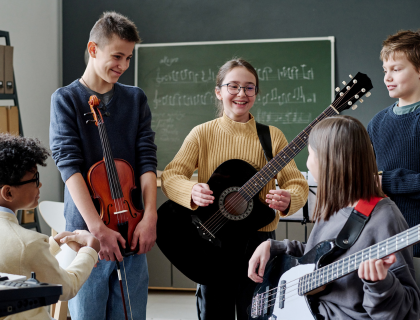
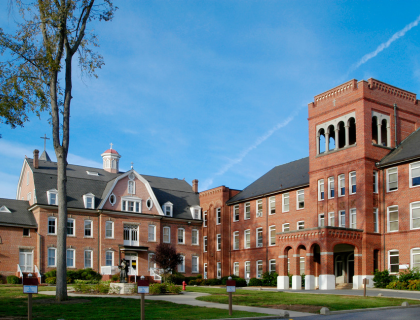
%20(45).png)
%20(42).png)
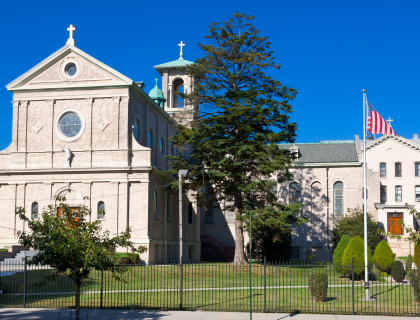
%20(39).png)







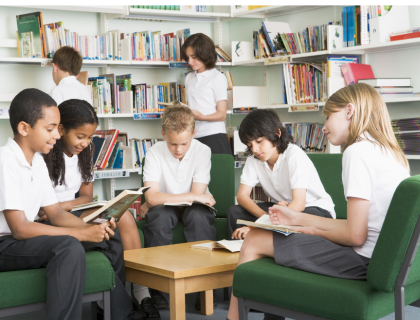








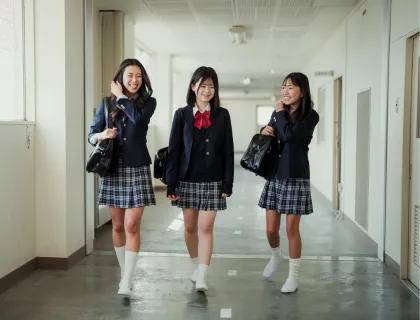




%20(21).webp)



